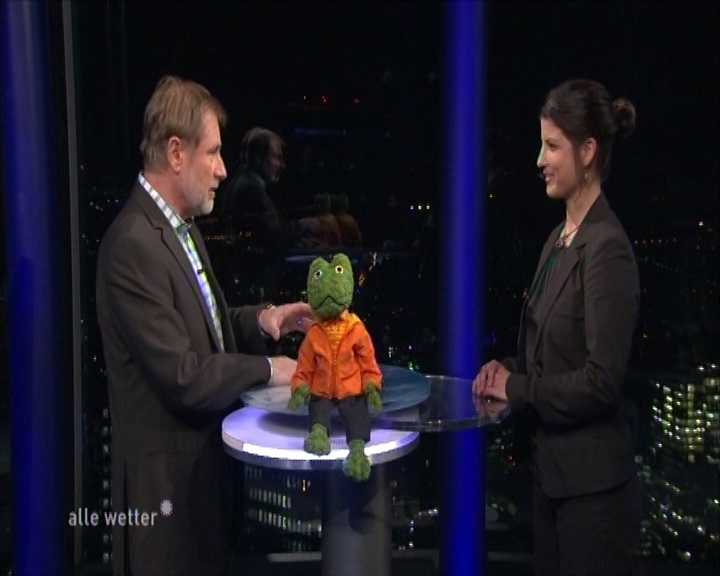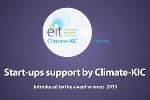Clean-GT - Carbon-neutral, Low-Emission Gas Turbine Using Steam Injection
Challenge Platform: Industrial Symbiosis
Project Start Date: 10/2012
Lead partner: Technische Universität Berlin, Germany
Project type: Innovation – Develops and brings to market climate relevant knowledge, products and services
Project lead: Prof. Dr.-Ing. Paschereit, TU Berlin <oliver.paschereit@tu- berlin.de>
Partners
This project involves 2 partners in 2 European countries:
- Technische Universität Berlin, Germany (Climate-KIC Core Partner)
- GDF Suez, France (Climate-KIC Core Partner)
Concept
Recognizing the limits of existing turbine technology Clean-GT aims to develop ultra-wet gas turbines as a commercially viable tool for domestic and large scale power generation. As well as increasing turbine efficiency, this innovative technology has the potential to be driven by alternative fuels and reduce carbon emissions significantly.
The climate change adaptation issue
Gas turbines play an important role in power generation, however current technology is entering a plateau in terms of improvements in total efficiency at low emissions. Furthermore, most operational gas turbines can only be driven using natural gas. However, there is a growing necessity and demand for power produced from a variety of new energy sources, including wind power generated hydrogen, syngas from gasification, and biofuels. Thus, the current standard in gas turbine technology is environmentally and economically limiting, and so new advanced versatile gas turbines are needed to make the transition to a sustainable society.
The Project Solution
The aim of Clean-GT is to prove the feasibility of ultra-wet gas turbines as a suitable and innovative alternative to existing gas turbine technology. In ultra-wet gas turbines large quantities of steam are injected into the combustor to increase efficiency, significantly reduce smog-forming pollutants like NOx, and to enable the clean combustion of hydrogen rich fuels from biomass or coal classification. Furthermore, when carbon containing fuels are burnt, CO2 capture and storage is possible at a lower cost. In terms of efficiency, ultra-wet turbines offer equivalent levels to state of the art combined cycle plants, but with significantly reduced installation costs and emission levels. The comparatively short start up times for ultra-wet turbines also make them suitable for smart grids and to support wind power generation and other renewables. With these considerable advantages in mind TU Berlin and GDF-Suez are working to develop a blue print and prototype for an ultra-wet gas turbine to be used for commercial power generation. Whilst low steam injection rate turbines exist, Clean-GT will be the first attempt to commercially implement ultra wet cycles. If successful, this technology will be a breakthrough for a new generation of green gas turbines and could provide decentralized domestic power production on a large scale.
The role of Climate-KIC
TU Berlin and GDF Suez, both Climate-KIC core partners, matched their experience in this highly innovative project.
The project will lead to various patents on wet-cycle technology. This will be licensed to gas turbine manufacturers. The project will support Europe’s position as a leader in the research and application of energy conversion techniques for renewable energy sources and support a fast transition towards a low-carbon economy.



